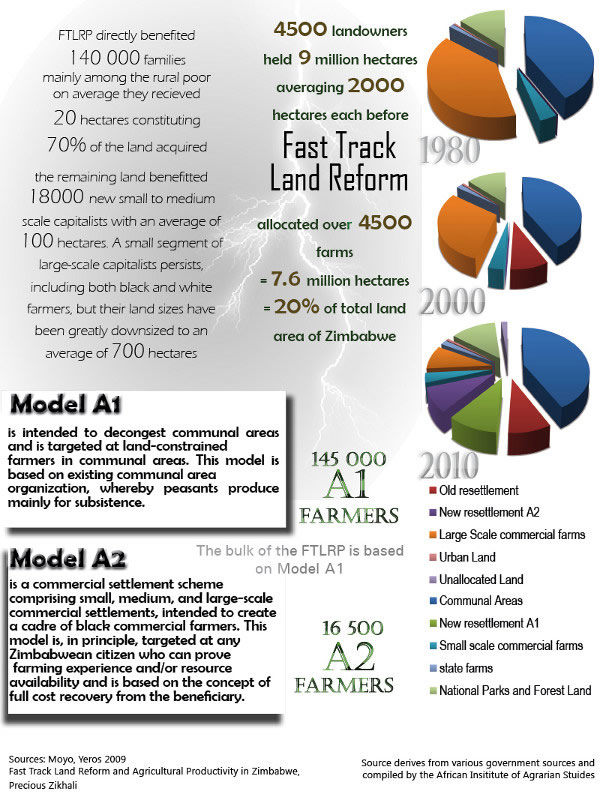Consumer Council of Zimbabwe clarifies on Price Freezing
Thursday, January 19th, 2012 by Upenyu Makoni-MuchemwaI recently had the opportunity to interview Rosemary Siyachitema, the Executive Director of the Consumer Council of Zimbabwe. A few days previously I had seen a headline in Newsday shockingly titled ‘CCZ urges Price Freeze’. Having lived through the pre-dolarisation price controls I couldn’t wait to take Ms Siyachitema to task for being so irresponsible. As it turns out the headline was misleading.
Upenyu: I read an article in Newsday titled CCZ Urges Price Freeze which was an advisory from you about the size of the consumer basket. Zimbabwean still have vivid recollections from price freezing in the past. Is this what you meant to say?
Rosemary Siyachitema: That is not what I was saying at all! I said I saw no reason why prices should increase considering that prices in Zimbabwe are already high. Saying that does not mean that there should be a price freeze. In this environment we see that prices keep increasing yet salaries are not moving at the same pace. I never said anything about price controls; I think there should be some kind of balance in our economy. You can’t keep asking consumers to tighten their belts. My other issue is that what kind of person do we want to create in Zimbabwe? A poor one or somebody who is able to survive? The way we are going we are creating poorer and poorer people. We are not bridging the gap we are creating poverty.










